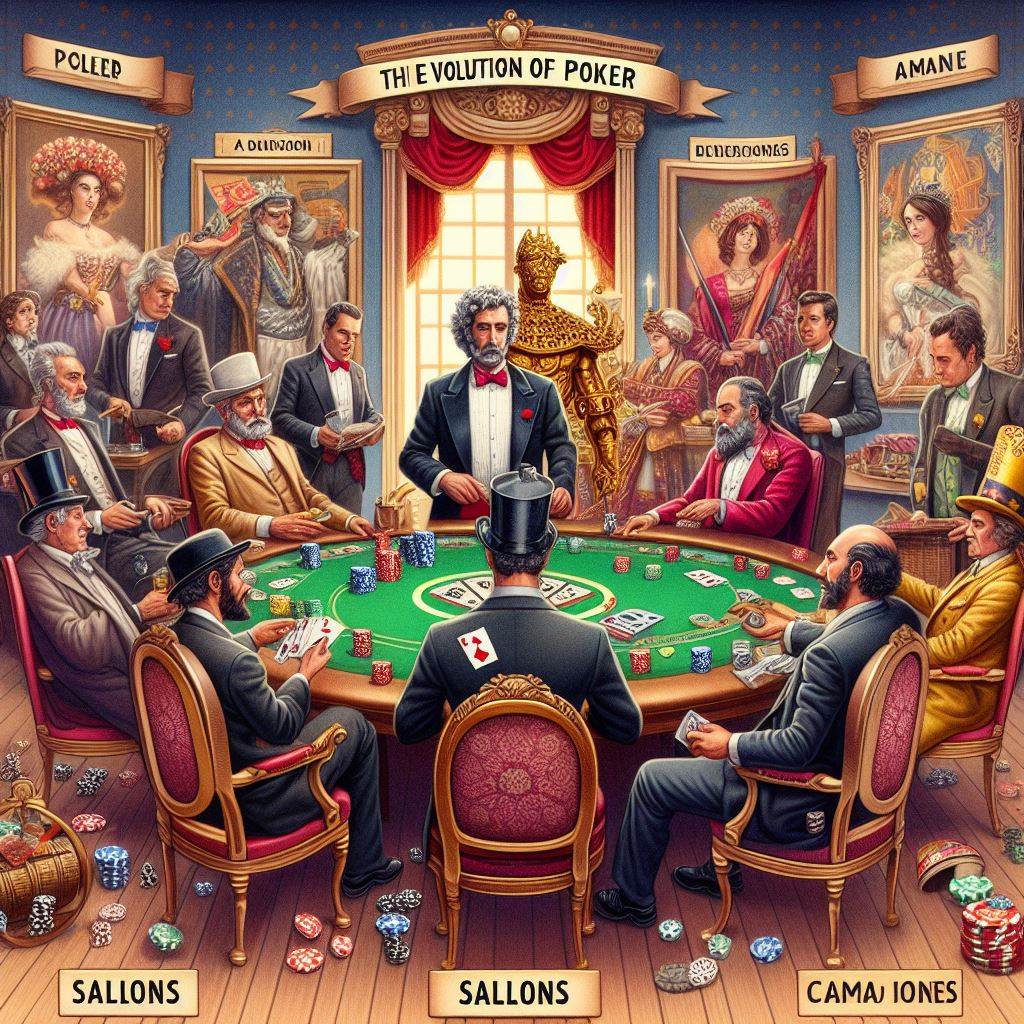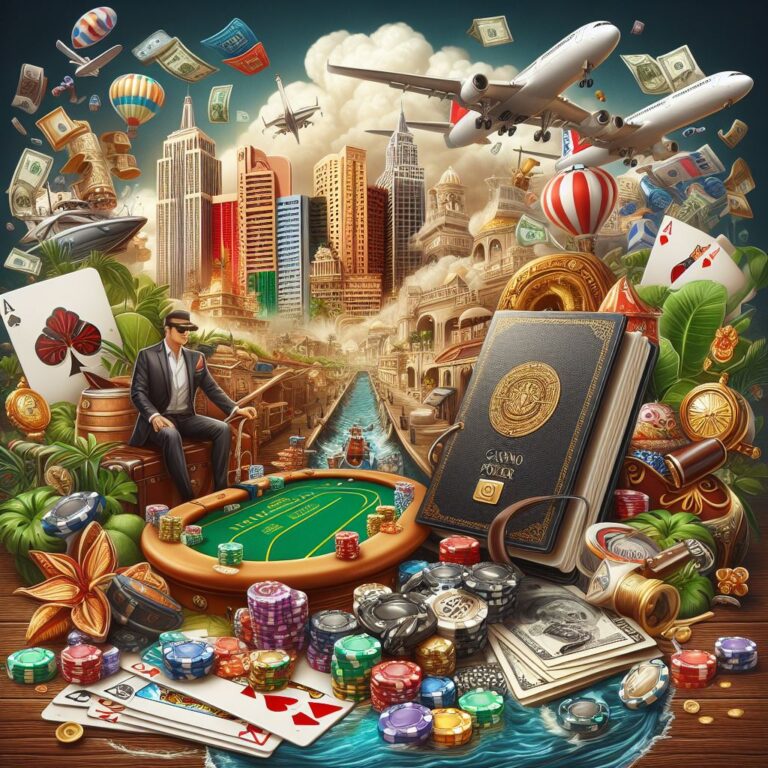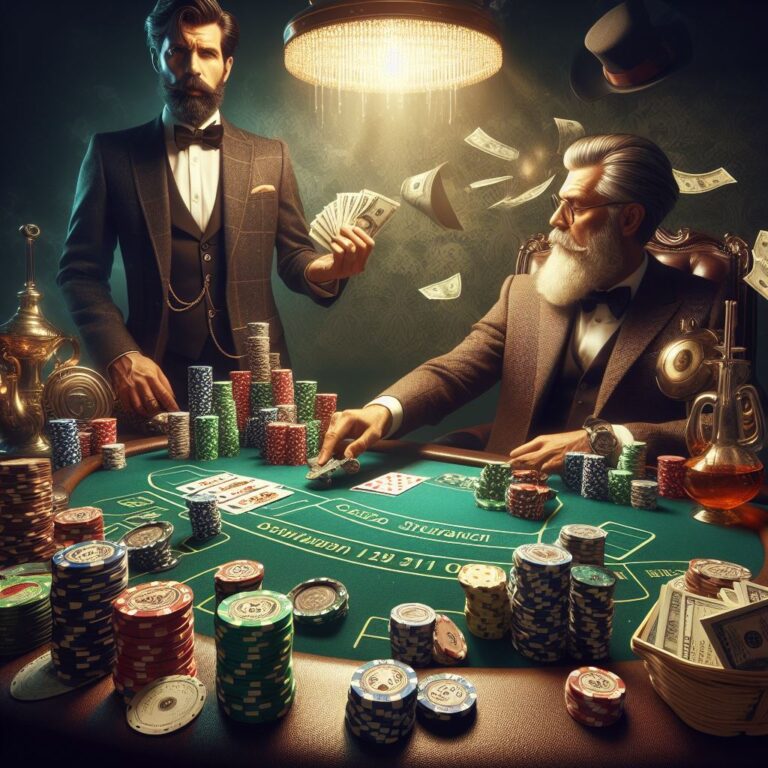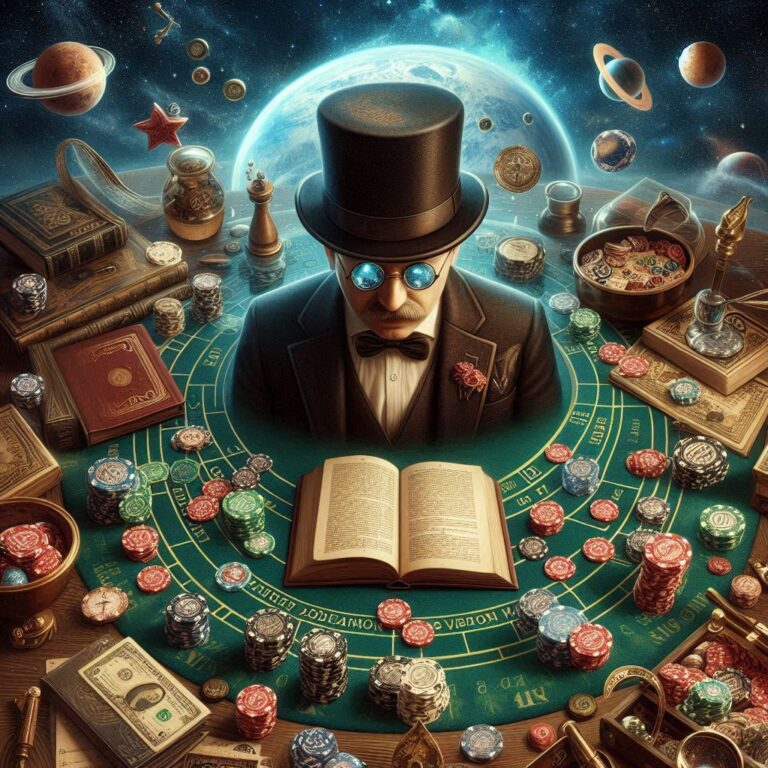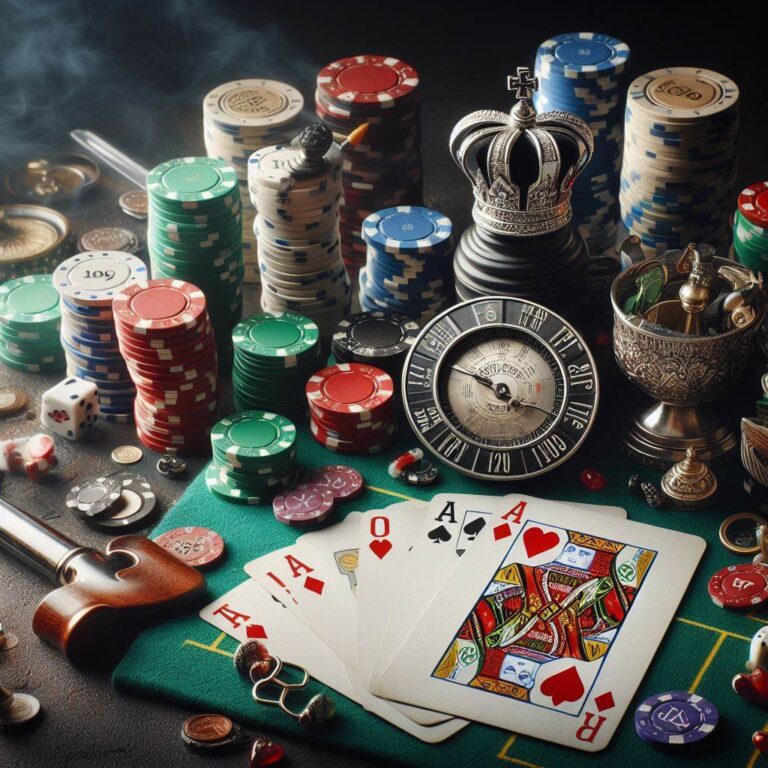The game of poker, a blend of skill, strategy, and chance, has traversed a fascinating journey from the dimly lit, smoke-filled saloons of the 19th century to the glittering, global casino empires of today. This evolution is not just a tale of a card game but a narrative that intertwines with the history of society, technology, and culture, reflecting changes in social attitudes, economic trends, and technological advancements.
Origins in the American Frontier
Poker’s roots are as tangled and complex as the game’s many variants. Most historians agree that the game, in one form or another, originated in Europe but found its identity in the United States. The game proliferated in the 1800s, particularly along the Mississippi River, where it became a staple among the riverboat crews. The American Frontier, with its saloons and gaming houses, provided the perfect backdrop for poker to flourish, embodying the wild, speculative spirit of the era.
Poker’s Evolution Through Wars and Economic Change
As America grew, so did poker. It was spread by soldiers during the Civil War and further integrated into American culture. By the turn of the 20th century, poker had become a mainstay in the fabric of American society, reflecting both the country’s expansion and its challenges. The Great Depression and the subsequent rise of organized crime saw poker and other forms of gambling used as means of economic survival and exploitation.
The Rise of Las Vegas and Casino Culture
The legalization of gambling in Nevada in 1931 marked a turning point. Las Vegas, once a sleepy desert town, transformed into the world’s gambling capital. The establishment of luxurious casino resorts provided poker with a glamorous new setting, attracting celebrities, businessmen, and tourists alike. This period saw the birth of the World Series of Poker in 1970, turning poker into a spectator sport and elevating its status to that of a professional competition.
Global Expansion and the Online Revolution
The advent of the internet in the late 20th century revolutionized poker once again. Online platforms made the game accessible to a global audience, breaking down geographical and social barriers. The televised poker boom of the early 2000s, highlighted by Chris Moneymaker’s historic World Series of Poker Main Event win in 2003, brought poker into living rooms around the world, sparking an unprecedented surge in popularity.
Technological Advancements and the Future of Poker
Today, poker is a multi-faceted phenomenon, encompassing live tournaments, online play, and even virtual reality experiences. Artificial intelligence and machine learning are pushing the boundaries of strategy, while blockchain technology offers new forms of secure and decentralized betting. Despite these technological advances, the essence of poker remains unchanged: a game of skill, psychology, and a little bit of luck.
The evolution of poker from saloons to casino empires mirrors broader societal shifts. It is a story of American ingenuity, the rise of entertainment culture, and the impact of technological innovation. As poker continues to evolve, it remains a testament to the game’s enduring appeal and its ability to adapt and thrive in changing times. Whether around a felt table under the bright lights of Vegas or through the screen of a smartphone, poker continues to challenge, entertain, and unite players from all walks of life.
